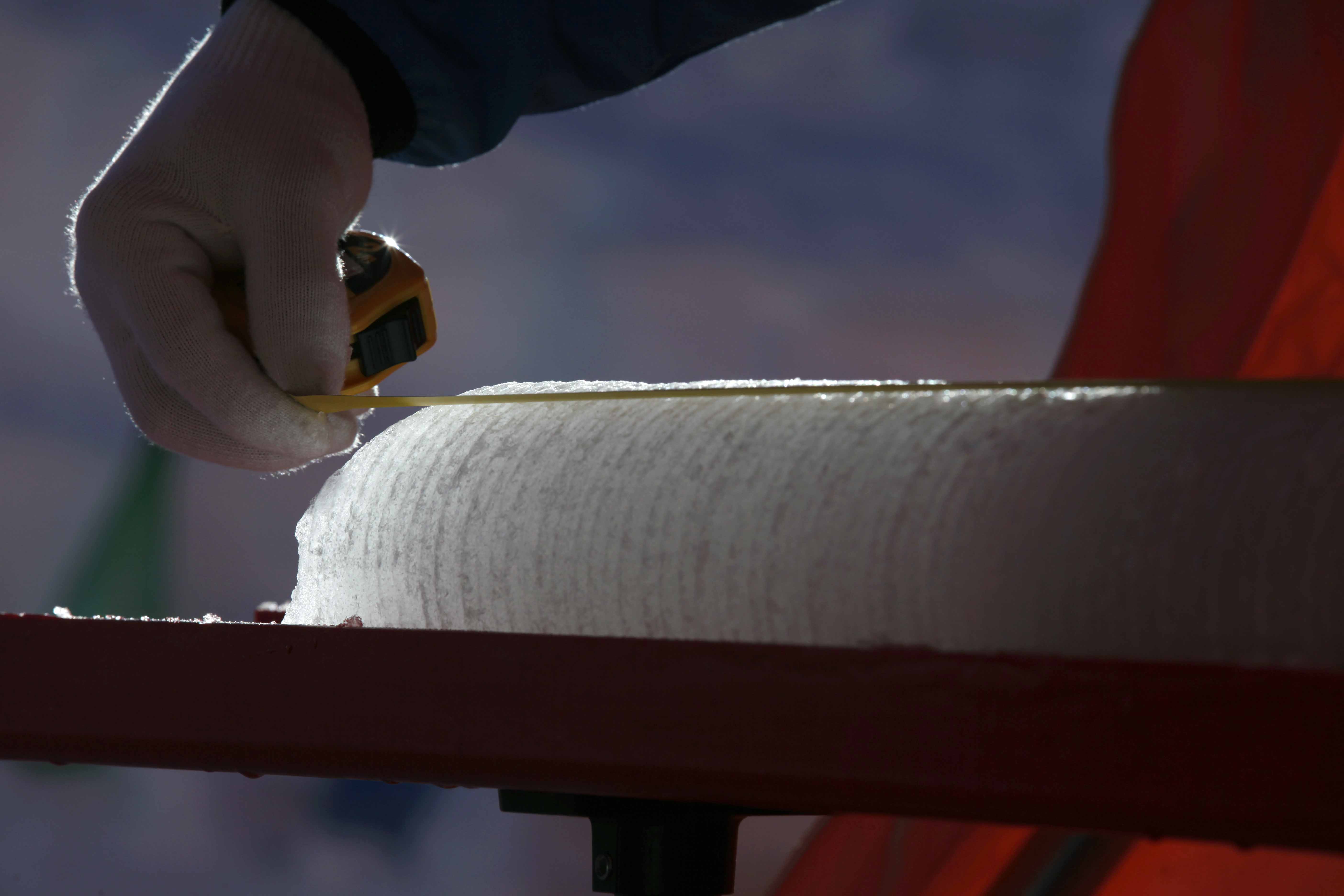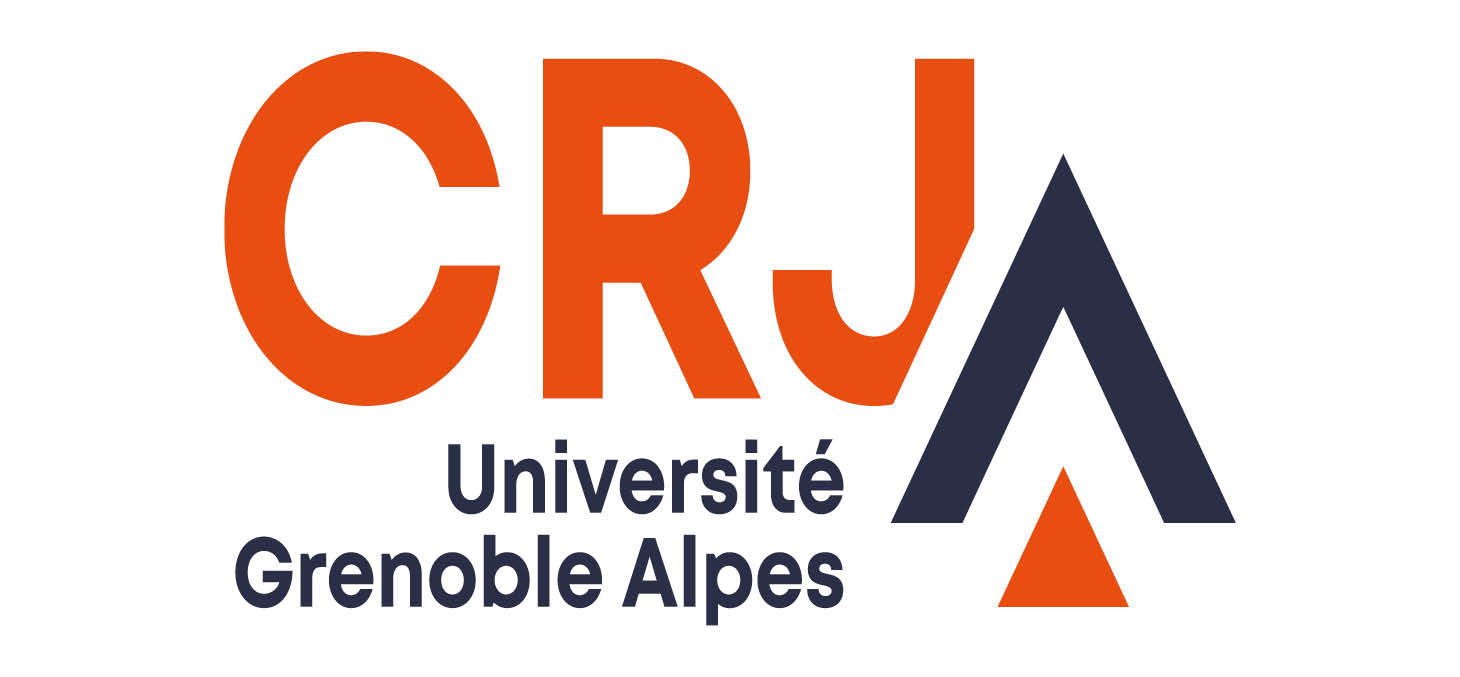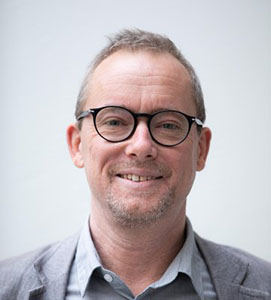
Questions arise in the area of heritage ice cores collected in different countries around the world, their long-term preservation in an Antarctic sanctuary, the protection of reference data and, more broadly, the international governance of the Ice Memory heritage.
Specific topics must be addressed:
What is the legal status of the glaciers from which the cores are extracted?
Who owns the ice cores drilled by the Ice Memory scientific teams?
Can the scientific heritage be comprised of ice cores as well as of its yielded data be given the status of common heritage of humanity?
How will the international Ice Memory initiative be governed in the long term?
The Ice Memory Law and Governance Chair aims to establish proposals for filling existing legal gaps and to propose a legal framework for the development of the Ice Memory heritage.

She is specialized in international public law and environmental law; her research interests include environmental heritage protection, environmental responsibility, polar law and climate justice. She has led several collaborative research projects, the latest of which focuses on the legal protection of carbon sinks. In addition to her publications on these topics, she created and currently supervises the Diploma in Environmental Law (DU de Droit de l'Environnement) at UGA's Faculty of Law, and has helped set up multidisciplinary training courses on ecological transitions. In 2022, she played an active role in the Grenoble-Alpes Métropole Citizens' Climate Convention, co-chairing the Convention's operational committee over the year. She is still very much involved in monitoring the implementation of the citizens' recommendations by local authorities. Since 2020, she has also been co-director of UGA's Doctoral School of Legal Sciences.
The Chair will coordinate a network of international researchers and legal experts in the protection of scientific heritage, natural resources law, public international law, the Antarctic regime as well as diplomatic issues.
The Chair is supervised by an international scientific committee, aiming at ensuring the scientific follow-up of the chair's work. This committee composed of:

Peter Bille Larsen is Professor in the Department of Sociology at the University of Geneva (Switzerland) and a member of the Institute for Environmental Governance and Territorial Development (GEDT). His research focuses on the environmental spaces of civil society, heritage and cross-border conservation.He is also a member of the Swiss National Commission for UNESCO, the IUCN Commission on Environmental, Economic and Social Policy and the World Commission on Protected Areas.
The formula : 1 expert / 1h30 / 2 questions (one general, the other linked to Ice Memory).
These webinars will be organized around 3 main themes:
General questioning: What is scientific heritage? How is the ownership of a scientific heritage established (collection, creation, donation, purchase...)? How are collected scientific samples acquired? Is there a difference in the status of scientific samples depending on who owns them (museum, university, foundation, company, etc.)?
Questioning specific to Ice Memory: Do the Ice Memory ice cores belong to their collectors, as part of their scientific assets?
Speaker : Marta C. Lourenço, Director of the National Museum of Natural History and Science, Researcher at the Interuniversity Center for the History of Science and Technology, National Coordinator of the Portuguese Research Infrastructure for Scientific Collections (PRISC)
General questioning: What is the status of cultural, natural and scientific heritage under international, European and French law? How effective its protection?
Questioning specific to Ice Memory: Should Ice Memory ice cores be protected as cultural, natural or scientific heritage?
Speaker: With Pierre-François Mercure, Full professor at the Université de Sherbrooke's Faculty of Law, P.F. Mercure
General questioning: What are the content, scope and stakes of these two concepts?
Questioning specific to Ice Memory: Is it possible and, if so, useful to confer on the Ice Memory ice cores the status of common heritage of mankind, or UNESCO World Heritage?
Speaker: Vincent Négri, Researcher at the Institut des Sciences sociales du Politique, ENS Paris-Saclay and Ambre Tissot, Doctoral student in public law at the Institut des sciences sociales du politique (UMR 7220), ENS Paris-Saclay.
The next two workshops will focus on sampling and collecting scientific material. Legal issues arise when material is collected in areas subject to specific regimes (non-sovereign maritime zones / Antarctica / indigenous territories, etc.). The collection of scientific material also raises the question of the monetization of resources for scientific use, or the removal of these resources from their territory of origin.
General questioning: What are the political and legal constraints on scientific sampling abroad (diplomatic, administrative, academic, customary constraints, etc.)? How can we avoid or limit the risks that collecting samples might pose to the original natural environment? What is the responsibility of scientists in the event of deterioration of the original environment?
Questioning specific to Ice Memory: Are glaciers just like any other scientific sampling sites?
General questioning: Are scientific sampling activities subject to the FPIC principle (free, prior and informed consent) recognized by international law for local populations, particularly indigenous peoples? How can scientific benefits be shared with local populations?
Questioning specific to Ice Memory: When drilling on a glacier, how can scientists consider the importance of the glacier for local cultures? Can local populations benefit from the research carried out on ice cores?
General questioning: What is a scientific collection? What are the different types of collections (heritage, study, educational, secondary, etc.) at national and international level? What are the status and regime applicable to the scientific collections of a research laboratory or university? What are the differences between scientific collections and scientific archives?
Questioning specific to Ice Memory: Do the Ice Memory ice cores constitute a collection? If so, what type of collection is it? Do they constitue archives? If not, what is the legal status of these cores as a whole?
Speakers :
- Catherine Cuenca: former general curator at the CNAM-PICST (Paris) and the University of Nantes, former head of the national PATSTEC mission, President of the national association of heritage curators and museum and other public heritage professionals in France.
- Frédérique Bazzoni: General Curator of Heritage, Head of the Bureau for the Protection of Archival Heritage, member of UNESCO's French "Memory of the World" committee.
October 15, 2024 (5pm-6:30pm) - Accessibility and sharing of scientific samples and collections: what are the issues?General questioning: What are the legal obligations and responsibilities when it comes to conserving scientific samples and collections? How can the integrity of the scientific heritage be preserved? Should conservation be in situ or ex situ? How can the environment in which the samples are stored be protected from potential hazards ?
Questioning specific to Ice Memory: Do ice cores constitute a potential danger for their conservation environment (particularly in Antarctica)? In line with the current trend towards in situ conservation, shouldn't we consider hybrid conservation in Antarctica and in sampling sites (wherever possible)? Who is responsible for any deterioration of the samples or of the environment in which they are stored?
General questioning: What type of international governance applies to scientific collections aimed at preserving the "memory of the Earth" (e.g. seed banks, gene banks, etc.)? What are the advantages and limitations of these modes of governance?
Questioning specific to Ice Memory: Could the governance mechanisms currently used for gene or seed banks (or other) be applied to Ice Memory ice cores?
Sabine Lavorel
Théo Abadie : theo.abadie@univ-grenoble-alpes.fr
